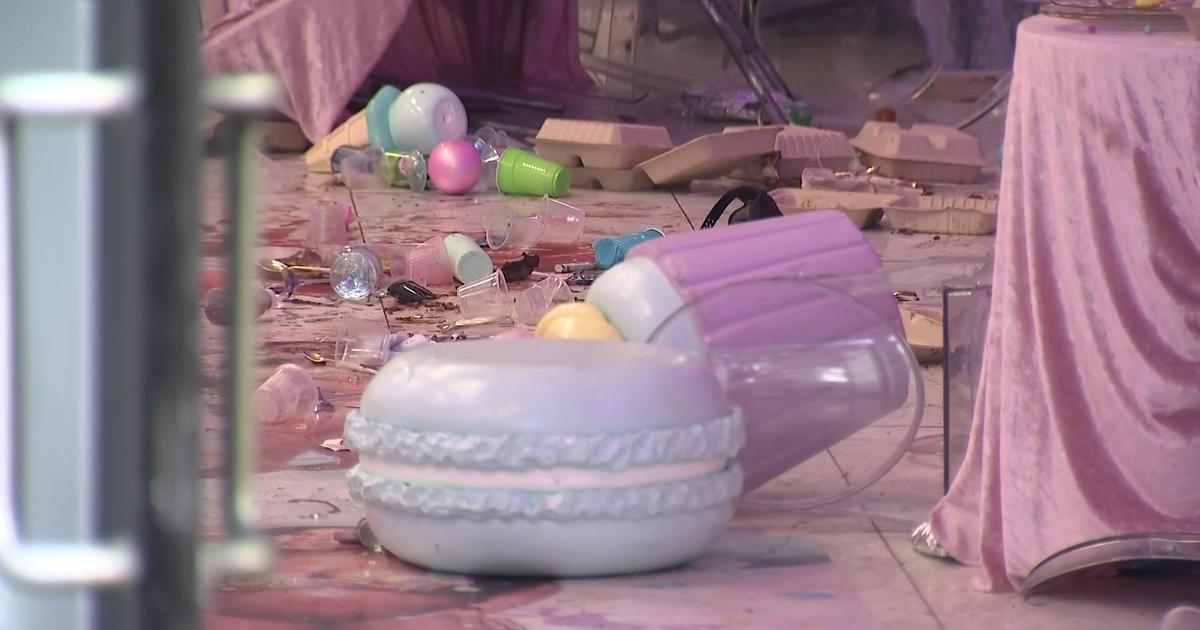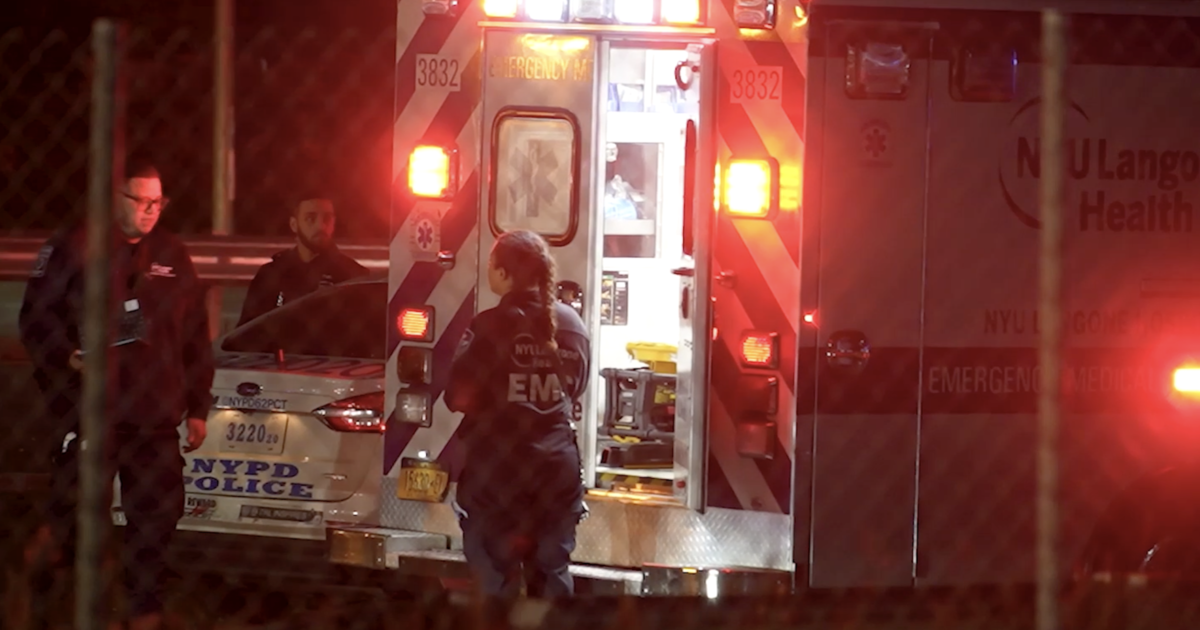Lack of sleep may make you less likely to help others, study says
NEW YORK -- If you wake up from a bad night's sleep, you probably feel tired, groggy, maybe even a little cranky. But do you ever stop and think, 'Am I less likely to help someone out today?"
It turns out, there's a scientific reason you may feel selfish when you're tired, according to a new study by researchers at the University of California. Three recent studies show lack of sleep has an effect on the portion of your brain directly linked to social interaction and empathy.
"If you look at the narrative in the U.S. society at least, there's a lot of value to not sleeping. How often have you heard people brag, 'I only sleep for four hours a night,'" said Tiffany Yip, professor of psychology at Fordham University.
Yip calls the new information significant because it shows how important sleeping eight hours is -- not only for one's physical health, but mental health as well.
"It's taking it outside of just its impact on us as individuals, but how we relate at a societal and personal level," she said. "To consider other people's needs, whether it's sort of how willing we are to give to charities, or how comfortable we feel about giving to other people."
Researchers from the University of California conducted their studies looking at the selfish effect by analyzing changes in neural activity and behavior benefitting others.
"I'm a teacher, and when I'm in a better mood, I notice that I'm more likely to help my students out, I am more active in the classroom," Queens resident Brooke Leyete said.
The study was adjusted for other variables affected by sleep deprivation, such as mood or cognitive thinking. But the results were still the same.
"Despite adjusting for some of these variables that you think are related to sleep loss, we were still as human beings less likely to help others when we were sleep deprived," said Dr. Neomi Shah, program director of sleep medicine for the Division of Pulmonary, Critical Care and Sleep Medicine, Icahn School of Medicine at Mount Sinai.
Shah says sleep is often understated and undervalued.
"I have horrible sleeping habits," Queens resident Jamie Maurer said.
"People may think they can get away with seven, maybe six and a half. But as you can see, even one hour of sleep loss can affect how you may approach other people who may need your help," said Shah.
Researchers say they hope the study will allow people to reclaim a full night's rest without embarrassment or the stigma of laziness.
Sleep experts say the most important tip to keep in mind for a good night's rest is routine -- going to bed at the same time, and waking up at the same time.




